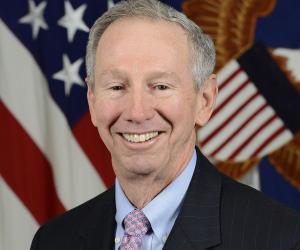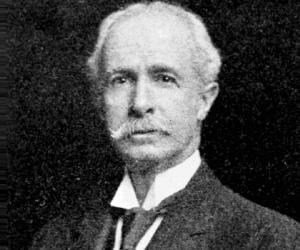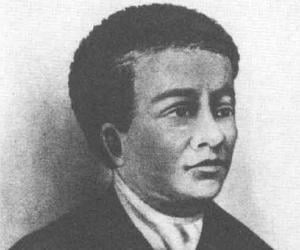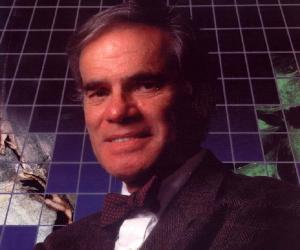Benjamin Banneker was born to a free African-American mother and a former slave father, and was largely self-educated. While he showed immense talent in both mathematics and astronomy, having predicted a solar eclipse with precision, he also wrote essays on civil rights and rallied against slavery.
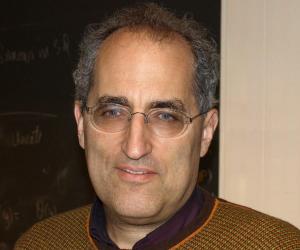
American mathematical and theoretical physicist Edward Witten is regarded as the practical founder of M-theory. His proof of positive energy theorem led him to become the first physicist who received the Fields Medal by International Mathematical Union. His research works mainly include the areas of string theory, supersymmetric quantum field theories and quantum gravity, besides other areas of mathematical physics.
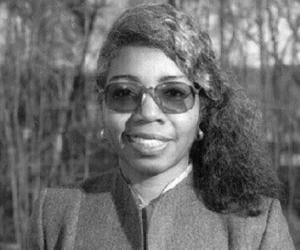
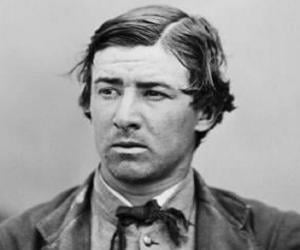
David Herold was an American pharmacist's assistant. He is best remembered as the accomplice of John Wilkes Booth, the man who killed Abraham Lincoln in 1865. David Herold was arrested and sentenced to death. He was hanged alongside three other conspirators on 7 July 1865 at the age of 23.
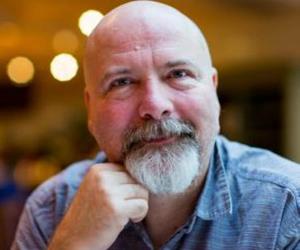
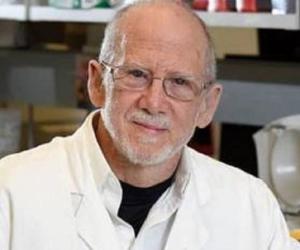
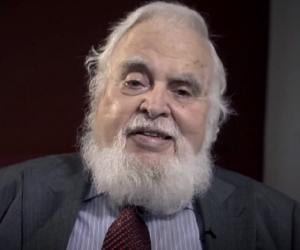
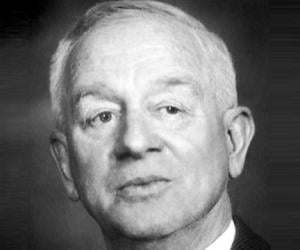
Francis Peyton Rous was an American pathologist best remembered for his works in blood transfusion, oncoviruses, and physiology of digestion. In 1966, Rous was honored with the prestigious Nobel Prize in Physiology or Medicine for his discovery in 1911 that led to the understanding of how viruses influence the progression of certain types of cancer.
American biochemist and molecular endocrinologist Martin Rodbell is best remembered for his discovery of G-proteins while jointly investigating (with Alfred G. Gilman) stimulation of cells by adrenaline. The two jointly received the 1994 Nobel Prize in Physiology or Medicine for discovery of this family of proteins and the role of these proteins in signal transduction in cells.
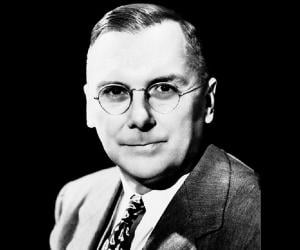
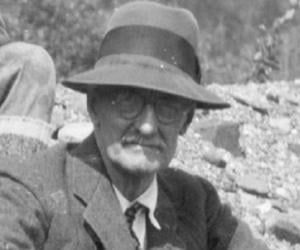
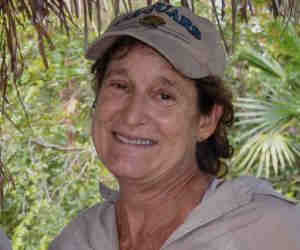
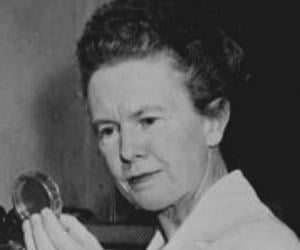
Hattie Alexander was an American microbiologist and pediatrician. She is remembered for her service as the head of the bacterial infections program and as the lead microbiologist at Columbia-Presbyterian. Alexander occupied numerous positions at Columbia University, where she was respected for her work. She is the recipient of many awards, including the Elizabeth Blackwell Award and the E.Mead Johnson Award.
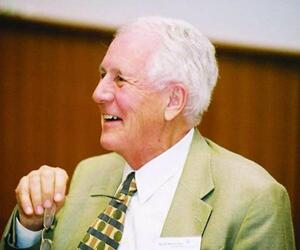
John Woodland Hastings was one of the pioneers of the study on bioluminescence and circadian rhythms, or sleep cycles. He was part of a church choir in his younger days and grew up to study at Princeton University. The Harvard professor was also associated with the Massachusetts-based Marine Biological Laboratory.
